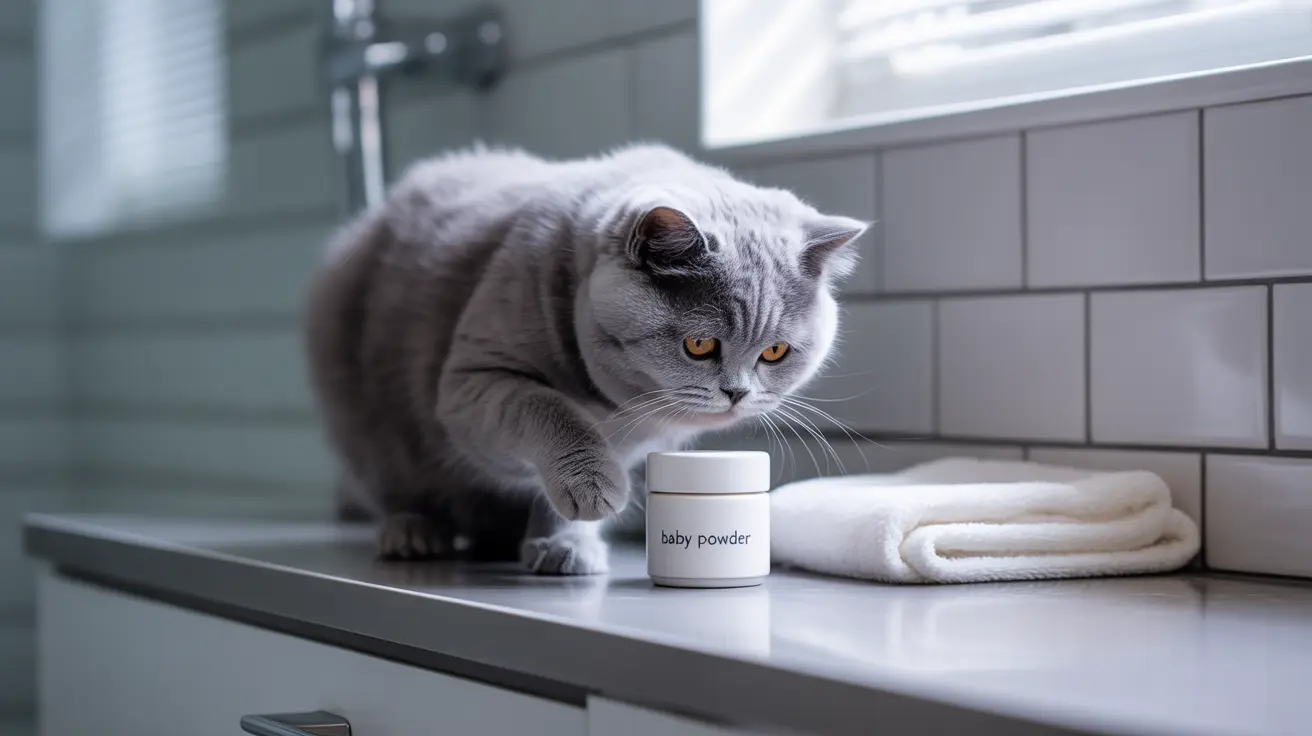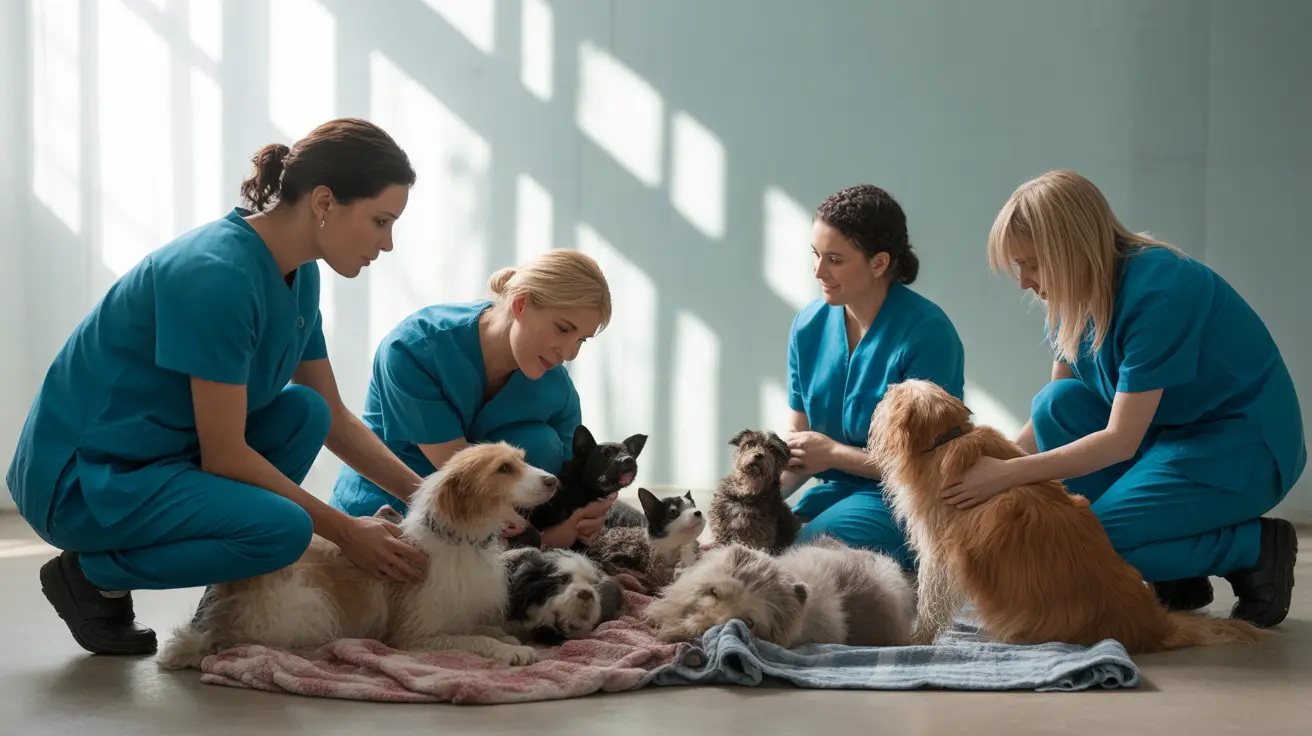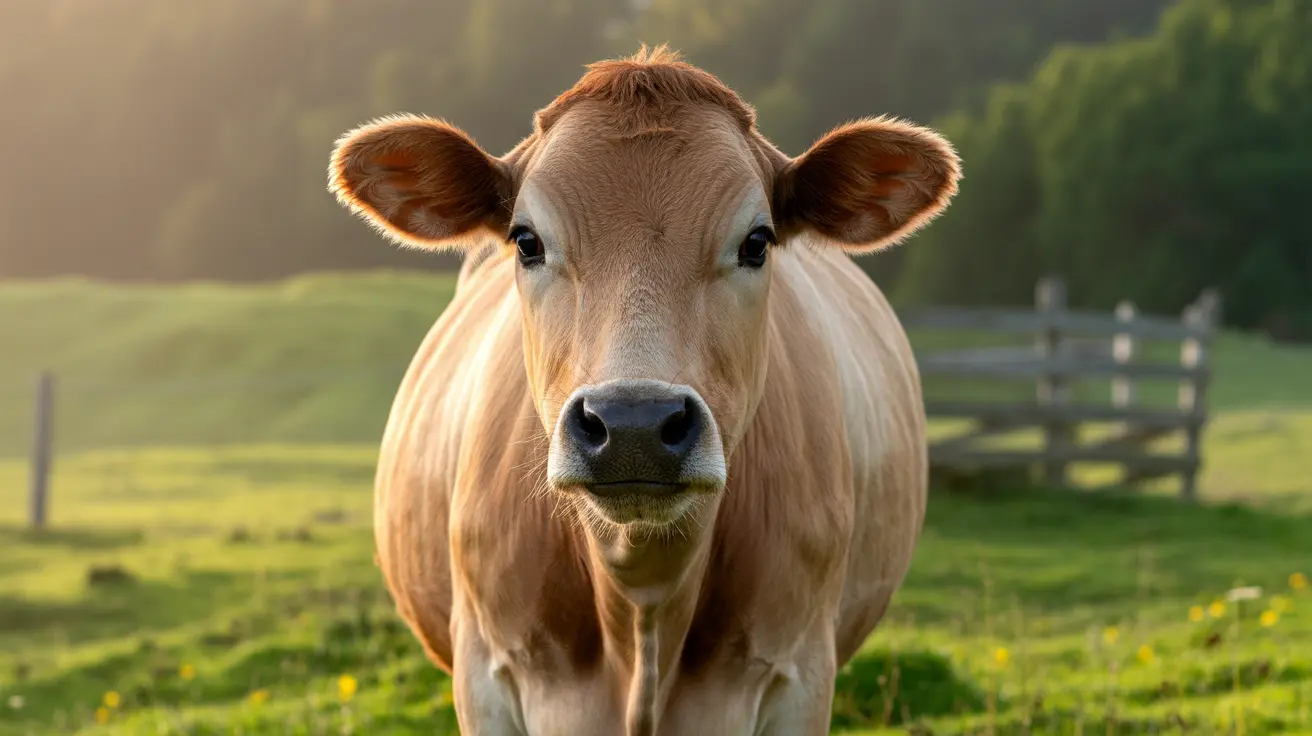Many cat owners wonder if baby powder is safe for cats, especially when looking for solutions to coat maintenance or odor control. However, veterinary experts strongly caution against using baby powder on or around cats due to significant health risks that could endanger your feline companion.
Whether talc-based or cornstarch-based, baby powder poses serious risks to cats through inhalation and ingestion. Let's explore why this common household product should be kept away from your feline friends and what safer alternatives you can use instead.
Understanding the Dangers of Baby Powder for Cats
Baby powder presents two primary risks to cats: respiratory issues from inhalation and digestive problems from ingestion. Cats' sensitive respiratory systems are particularly vulnerable to fine particles, which can cause immediate breathing difficulties and potential long-term damage.
The risk is amplified by cats' grooming habits. Since cats spend up to 50% of their day grooming themselves, any powder on their coat will likely be ingested, potentially leading to serious health complications.
Talcum vs. Cornstarch-Based Powders
While many manufacturers have switched to cornstarch-based formulas, neither type is safe for cats:
- Talcum powder can contain traces of asbestos and poses serious respiratory risks
- Cornstarch-based powders can cause digestive upset and respiratory irritation
- Both types can lead to allergic reactions and skin problems
Health Risks and Warning Signs
When cats are exposed to baby powder, they may exhibit several concerning symptoms:
- Coughing and wheezing
- Difficulty breathing
- Sneezing and nasal discharge
- Vomiting or gagging
- Lethargy or unusual behavior
- Eye irritation or discharge
Safe Alternatives for Cat Care
Instead of using baby powder, consider these veterinarian-approved alternatives:
- Cat-specific grooming products designed for coat maintenance
- Regular brushing with appropriate cat brushes
- Veterinary-approved dry shampoos formulated for cats
- High-quality cat litter for odor control
- Professional grooming services when needed
Emergency Response to Baby Powder Exposure
If your cat has been exposed to baby powder, take immediate action:
- Remove your cat from the area containing powder
- Gently clean their coat with a damp cloth
- Monitor for respiratory distress or unusual behavior
- Contact your veterinarian immediately for guidance
- Keep the product container for reference if needed
Frequently Asked Questions
Is baby powder safe to use on or near cats, and why is it dangerous?
No, baby powder is not safe for cats. The fine particles can cause severe respiratory issues when inhaled, and ingestion during grooming can lead to digestive problems. Both talc and cornstarch-based powders pose significant health risks to cats.
What symptoms should I watch for if my cat accidentally inhales or ingests baby powder?
Watch for coughing, wheezing, difficulty breathing, sneezing, vomiting, lethargy, and eye or nasal discharge. If you notice any of these symptoms, contact your veterinarian immediately.
Can baby powder help with fleas or odor control on my cat safely?
No, baby powder is not effective for flea control and is unsafe for odor control in cats. Use veterinarian-approved flea treatments and cat-specific grooming products instead.
What are safe alternatives to baby powder for grooming and odor control in cats?
Safe alternatives include cat-specific grooming products, regular brushing, veterinary-approved dry shampoos, and proper litter box maintenance. Always choose products specifically formulated for feline use.
What should I do if my cat has been exposed to baby powder?
Remove your cat from the area, clean their coat with a damp cloth, monitor for concerning symptoms, and contact your veterinarian immediately. Keep the product container for reference regarding ingredients.
Conclusion
While baby powder might seem harmless, it poses significant health risks to cats and should never be used in their care. Instead, stick to veterinarian-approved products and methods specifically designed for feline grooming and maintenance. Your cat's health and safety should always come first when choosing care products.






